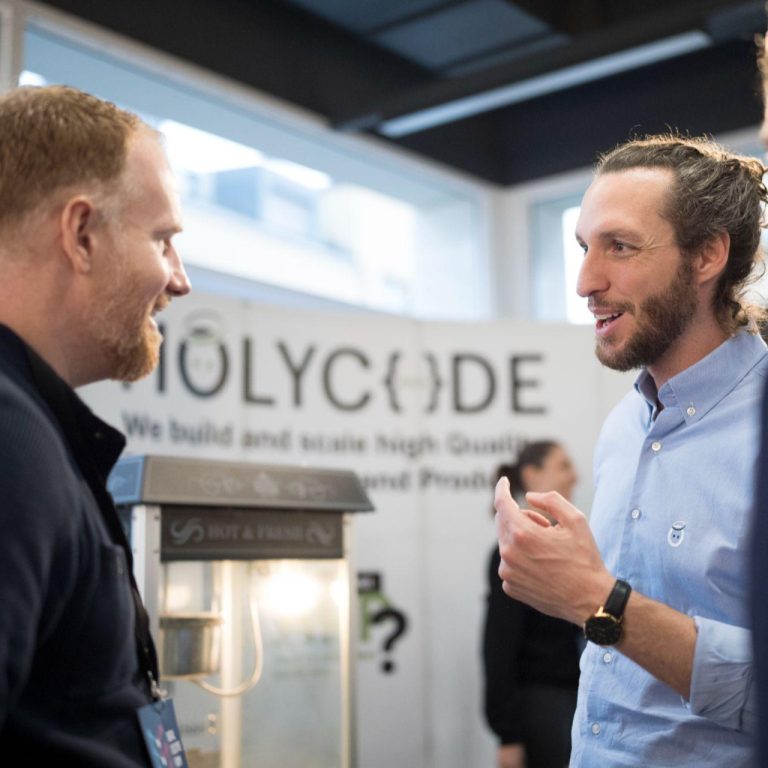Failure in Startups: Learn how to turn setbacks into growth
Mistakes in startups don’t have to be the end. In fact, they can be your biggest growth driver—if your team knows how to learn from them. Here’s how to turn mistakes into momentum.

Failure in startups is more common than most founders like to admit—but it’s also where the best lessons live. Missed targets, scrapped features, bad hires… these aren’t just setbacks; they’re feedback.
The real challenge? Building a team culture that learns from failure, fast.
In this post, we’ll explore how to turn startup mistakes into growth strategies—using tools like post-mortems, real-time feedback, and OKRs to keep learning and improving at speed.
Why failure is fuel for growth
In a startup, every failure gives you important feedback and something valuable to build on. Whether you’ve missed a sales target or a product launch didn’t go as planned, each setback offers valuable insights into what works and what doesn’t. Think of it as a real-time compass correction, helping you find a better path faster.
If you’re not failing from time to time, you’re not ambitious enough in setting your goals, and you’re probably waiting too long to release new projects — losing valuable learning time and giving the competitors a chance to outcompete you.
But to make this work, everyone on the team has to be on board. From day one, founders need to normalise failure as part of the Startup journey, encouraging a mindset of resilience and continuous learning. When teams see failure as a stepping stone, they’re far more likely to innovate and take bold steps.
Rather than aiming for “flawless” execution, focus on creating an environment where learning from mistakes is celebrated. A mindset shift like this can turn everyday challenges into valuable growth moments.
Making mistakes visible: Sharing & learning together
Building a “failure-friendly” culture starts with openness. Teams that communicate honestly about mistakes create an environment of trust and continuous improvement. Some companies even set up dedicated Slack channels just for sharing “learning moments.” It’s a space for the team to share what went wrong and what they learned — no judgment, just lessons.
This transparency turns failure into something less intimidating and more approachable. By normalising the sharing of slip-ups, you create a safe space where every setback has a purpose. When mistakes are acknowledged openly, teams can address issues without “shoving them under the carpet”, avoiding repeated mistakes and allowing for real improvement.
This approach not only builds camaraderie but also helps the whole team grow together.
Using Post-mortems for learning from Startup mistakes
Another powerful tool for embracing failure is the post-mortem meeting. This structured review process helps teams analyse what went wrong and capture key lessons for the future. It’s less about pointing fingers and more about gathering insights to improve next time.
Here’s a simple three-step post-mortem structure that works well for us in Holycode:
- What happened? – Clearly lay out what went wrong.
- What did we learn? – Identify the key lessons and root causes.
- How can we institutionalise this? – Document a new approach or system to prevent similar issues in the future.
This turns every mistake into a “playbook” for improvement and gives the team a roadmap to avoid similar pitfalls.
Building a culture of real-time feedback
One of the most effective ways to ensure mistakes don’t repeat is to make feedback a daily practice, not something reserved for formal reviews. Teams that give real-time feedback can catch small issues before they snowball into larger problems.
The key is to keep feedback constructive and on time. Setting up regular one-on-one feedback sessions or casual “walk and talks” can create a safe space where feedback isn’t intimidating but is instead a chance to grow and improve together.
You can make feedback a weekly ritual with your team. Set up short, casual check-ins where team members can share what’s working, what’s not, and any adjustments they’d like to make. Over time, this builds a feedback-friendly culture that values honesty and continuous improvement.
Taking smart risks without the fear of failure in Startups
In fast-paced environments like startups, taking risks is part of the game. But for teams to make bold moves, they need to feel safe taking chances, and fear of failure can really hold innovation and growth back. At Holycode, we use the OKR (Objectives and Key Results) system to set ambitious “stretch goals” that are intentionally hard to reach. This approach provides a clear path forward, while reminding everyone that it’s okay if they don’t hit the mark every time — what matters most is the progress made along the way.
When big OKRs aren’t fully met, it’s the perfect time to reflect on how far we’ve come, what we’ve learned, and the steps we’ll take next. This approach keeps us moving forward, using each goal as an opportunity for growth and continuous improvement.
Key takeaways
Embracing failure in Startups isn’t just about accepting and surviving setbacks; it’s about using them as milestones on the path to growth. By creating an open, feedback-friendly culture, startups can transform setbacks into valuable learning opportunities.
So, my advice? Set up that Slack channel and OKRs, host post-mortems, and create a feedback loop that encourages your team to take risks. When failure is part of the plan, success becomes that much more attainable.
Happy failing (and learning)!
Need help turning lessons into growth? We’re here for you.
Let’s start achieving excellence together
Get in touch with our experts today to turn your ideas into reality and accelerate business growth.




